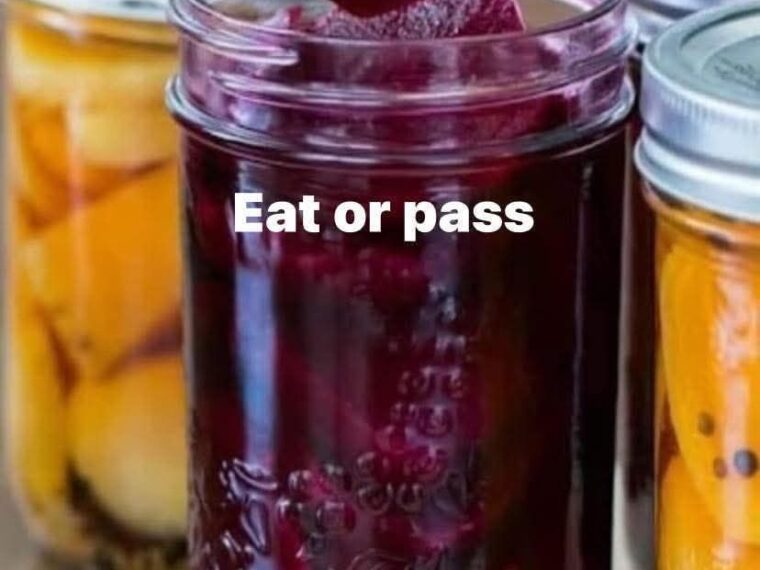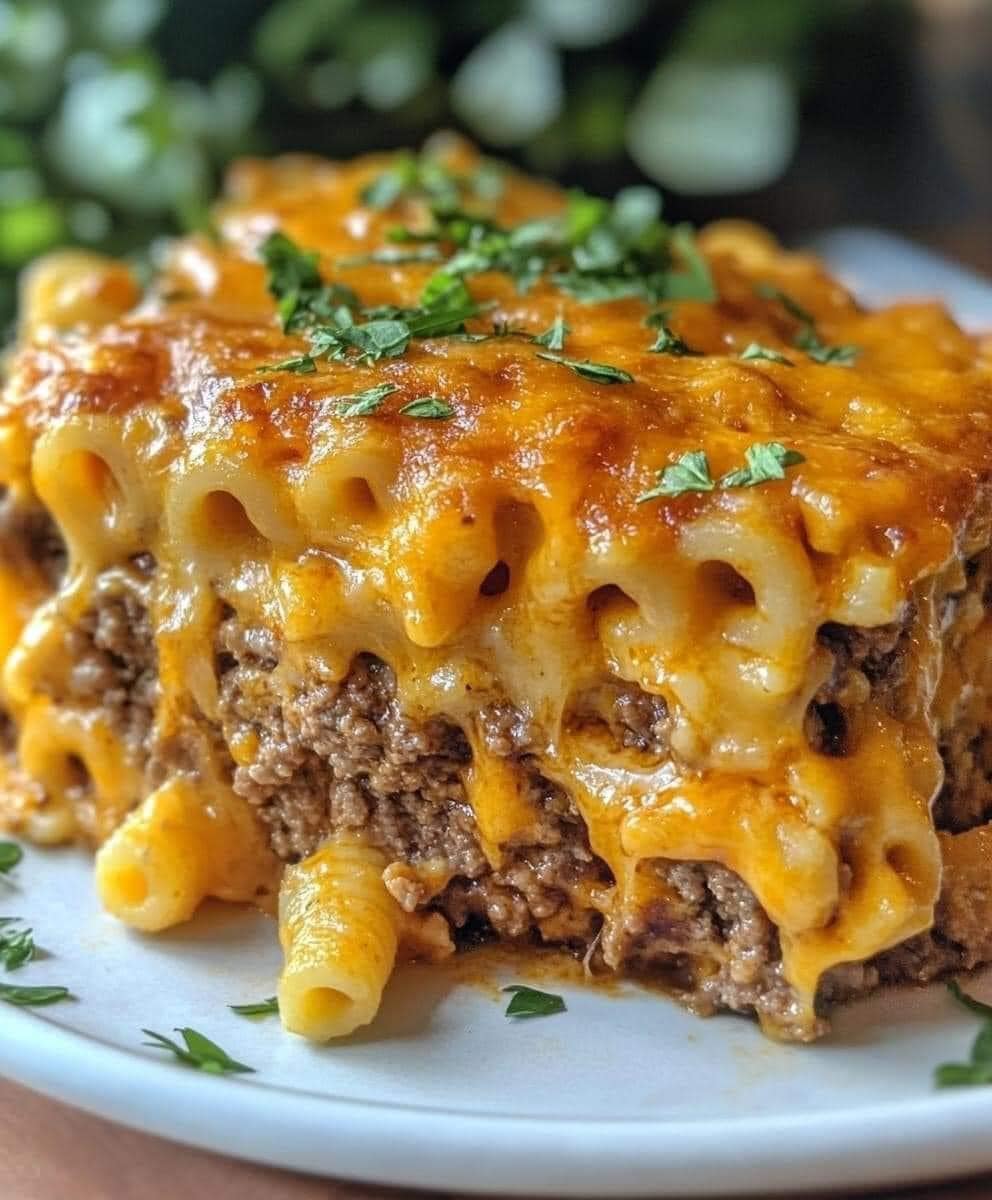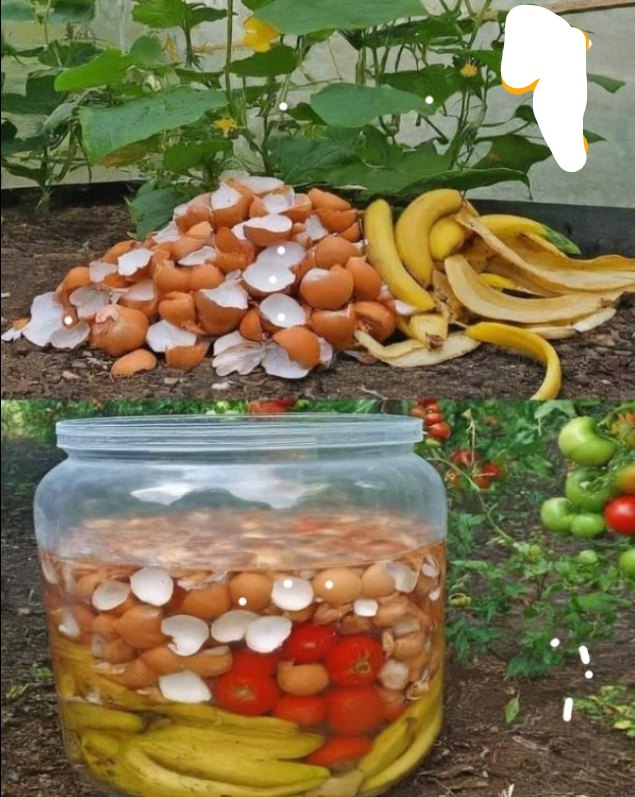1. Antioxidant Powerhouse
Beets contain betalains, which give the root its characteristic deep red color. Betalains have been studied for their anti-inflammatory and antioxidant properties, helping to reduce oxidative stress in the body and potentially lower the risk of chronic diseases.
2. Cardiovascular Support
Dietary nitrates in beets are converted in the body to nitric oxide, which relaxes and dilates blood vessels. This process can improve blood flow, reduce blood pressure, and support overall heart health.
3. Digestive Aid
The vinegar in pickled beets contains acetic acid, which can aid digestion and help regulate blood sugar levels. If fermented naturally, the pickled beets also provide beneficial probiotics, supporting gut health and enhancing nutrient absorption.
4. Nutrient Density
Pickled beets are an excellent source of:
- Folate: Essential for cell growth and repair.
- Potassium: Supports proper muscle and nerve function.
- Manganese: Important for metabolism and antioxidant defense.
- Vitamin C: Boosts immunity and supports skin health.
Tips for Making Perfect Pickled Beets
- Choose Fresh, Firm Beets: Avoid bruised or overly soft roots, as freshness directly affects flavor and texture.
- Sterilize Your Jars: Proper cleaning prevents bacterial growth and ensures your pickles remain safe to eat for weeks.
- Balance Sweetness and Acidity: Adjust honey or other sweeteners to complement the natural earthiness of the beets. Too much can overwhelm the flavor; too little may make the pickles overly tangy.
- Store Properly: Keep in the fridge, ideally in a dark spot to maintain vibrant color and flavor. Pickled beets can last 2–4 weeks refrigerated.
- Cut Uniformly: Slicing beets evenly ensures consistent texture and even absorption of the brine.
Culinary Uses for Pickled Beets
Pickled beets are more than just a side dish. Their tangy sweetness can enhance a variety of recipes:
- Salads: Slice thinly and toss with mixed greens, goat cheese, walnuts, and vinaigrette.
- Sandwiches and Wraps: Add to roasted vegetable or deli sandwiches for an extra flavor boost.
- Grain Bowls: Combine with quinoa, roasted vegetables, and leafy greens for a nutritious bowl.
- Snack Plates: Serve alongside cheese, nuts, and crackers for a colorful appetizer.
- Smoothies: For an adventurous twist, small amounts can add natural color and nutrients to smoothies.
Things to Keep in Mind
While healthy, pickled beets require moderation in certain circumstances:
- Sodium Content: Commercial varieties are often high in salt. Homemade recipes allow better control.
- Digestive Sensitivity: The acidity of vinegar may cause discomfort for some individuals; start with small portions if you are sensitive.
- Sugar Considerations: Honey or other sweeteners should be balanced according to dietary needs. Opt for less or skip if managing blood sugar.
Summary: Why This Recipe Works
This refrigerator-style pickled beet recipe uses simple, wholesome ingredients—beets, apple cider vinegar, water, honey, and optional spices—to create a nutrient-dense, low-calorie snack. It’s versatile, easy to store, and customizable to taste or dietary requirements. The recipe preserves the natural nutritional benefits of beets while enhancing flavor, making it a perfect addition to any healthy diet.
With just a few steps and a little patience, you can enjoy tangy, sweet, and nutrient-packed pickled beets anytime. Whether for heart health, digestion, or simply as a delicious snack, this recipe proves that eating healthy can also be flavorful and fun.





